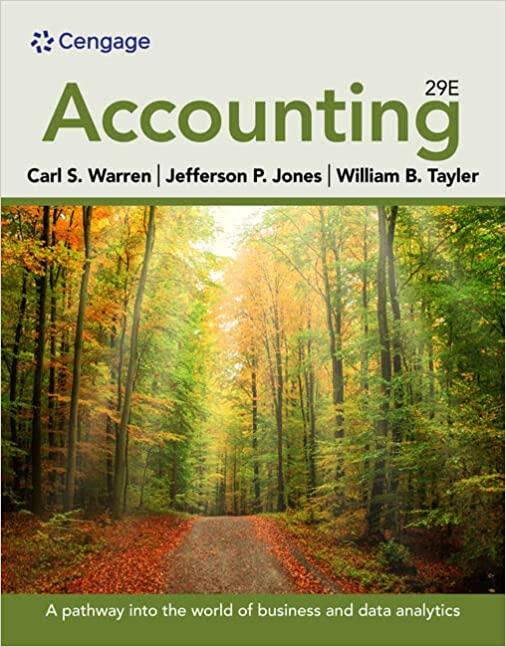Question
15.A qualified revocable trust a. is limited to a calendar income tax year. b. must be distributed 100% to a charitable beneficiary upon the death
15.A qualified revocable trust
a. is limited to a calendar income tax year.
b. must be distributed 100% to a charitable beneficiary upon the death of the grantor.
c.can be treated as an estate with respect to income tax return filing if the proper election is made.
d.is not subject to Subchapter J.
16.Bunching of estate/trust income on a beneficiary's 1040
a.is not possible.
b.may occur in year of estate/trust termination.
c.entitles the beneficiary to a refundable tax credit.
d.will support a beneficiary's claim for malpractice against the fiduciary.
17. Net operating loss and capital loss pass throughs in the year of entity termination
a. will not be useful to beneficiaries unless they itemize deductions on their income tax returns.
b.cannot be used by married beneficiaries who file separate rather than joint 1040s.
c.will be useful to beneficiaries even if they do not itemize deductions.
d.can only be used by beneficiaries who are engaged in operating closely held businesses or have capital gains.
18. Inyear 1 the estate has $4,000 of DNI and the personal representative pays an attorney's fee of $6,000. The estate terminates in year 2.
a.The estate's sole residuary beneficiary is entitled to an excess deductionin year 2.
b.The estate's sole residuary beneficiary is not entitled to an excess deduction in year 2.
c.Estate income tax deductions in excess of DNI will always be wasted to the extent of the excess.
d.Estate income tax deductions in excess of DNI can be carried back 5 years and carried forward 2 years to the extent of the excess.
19. Decedent at death owned 400 shares of xyz having a value as reported on the NY stock exchange of $800 and for which he had paid $300.A federal estate tax was not required for the decedent's estate. The estate sells the 400 shares of XYZ Corporation for $500.
a. the estate recognizes neither capital gain nor loss on the sale.
b.the estate recognizes a short term capital loss on the sale.
c.the estate recognizes a long term capital loss of $300 on the sale.
d. the estate recognizes a short term capital loss of $500 on the sale.
20. 20. The 65 day rule
a.applies to trusts but not estates.
b.allows a fiduciary to treat a distribution to a beneficiary made within 65 days of the end of the preceding tax year as having been made on the last day of the preceding tax year.
c.allows a fiduciary to amend, without penalty, a previously filed form 1041 provided the amendment is filed within 65 days of the filing of the form 1041.
d.applies to estates but not trusts.
Step by Step Solution
There are 3 Steps involved in it
Step: 1

Get Instant Access to Expert-Tailored Solutions
See step-by-step solutions with expert insights and AI powered tools for academic success
Step: 2

Step: 3

Ace Your Homework with AI
Get the answers you need in no time with our AI-driven, step-by-step assistance
Get Started


